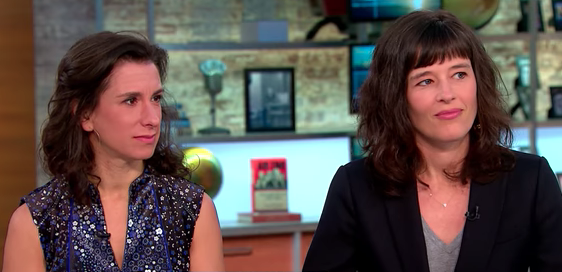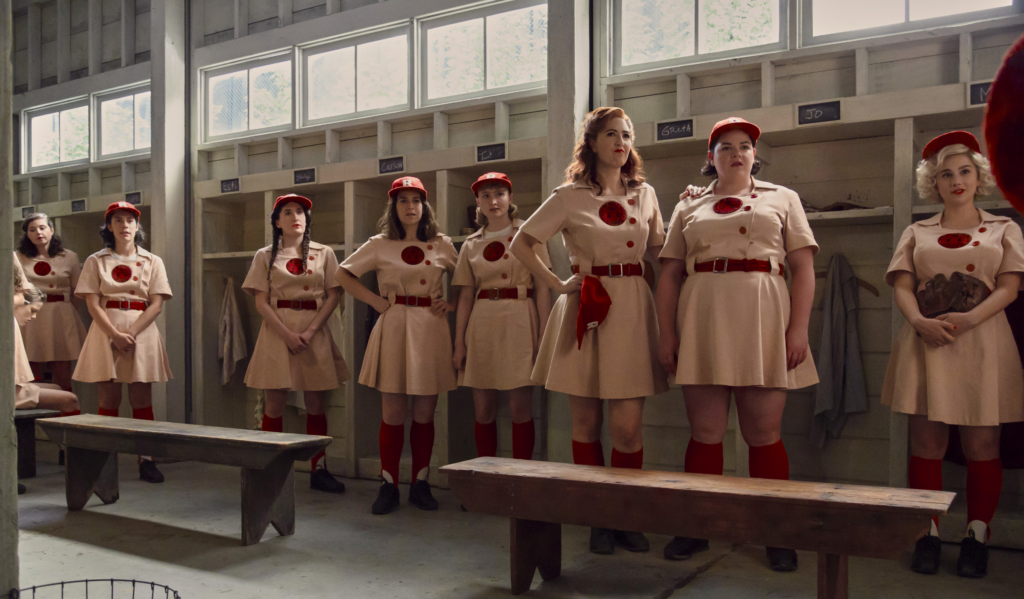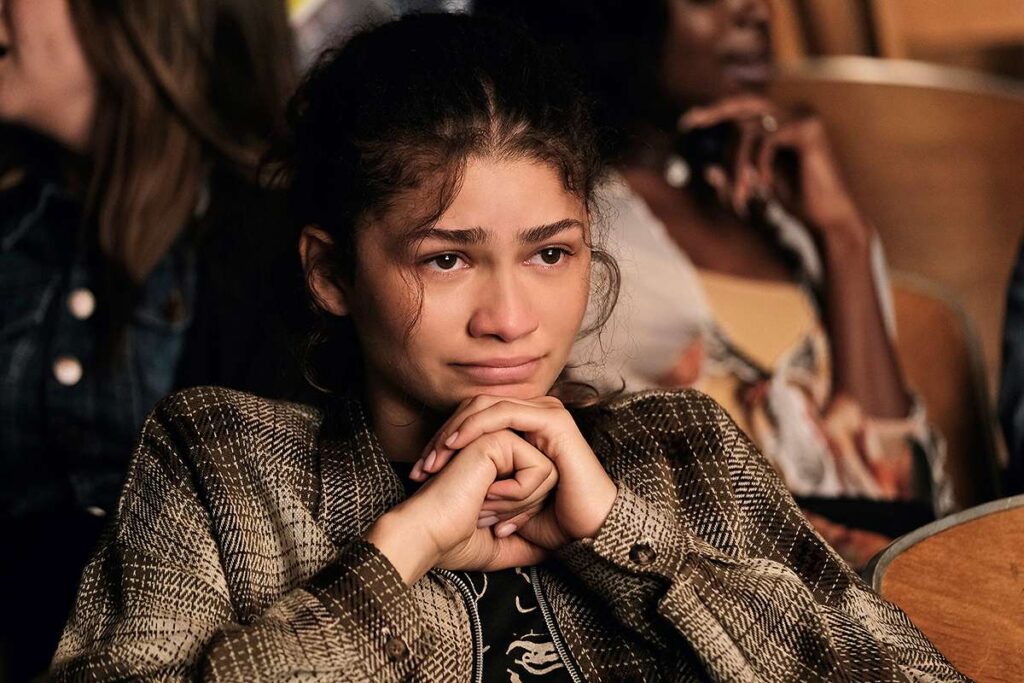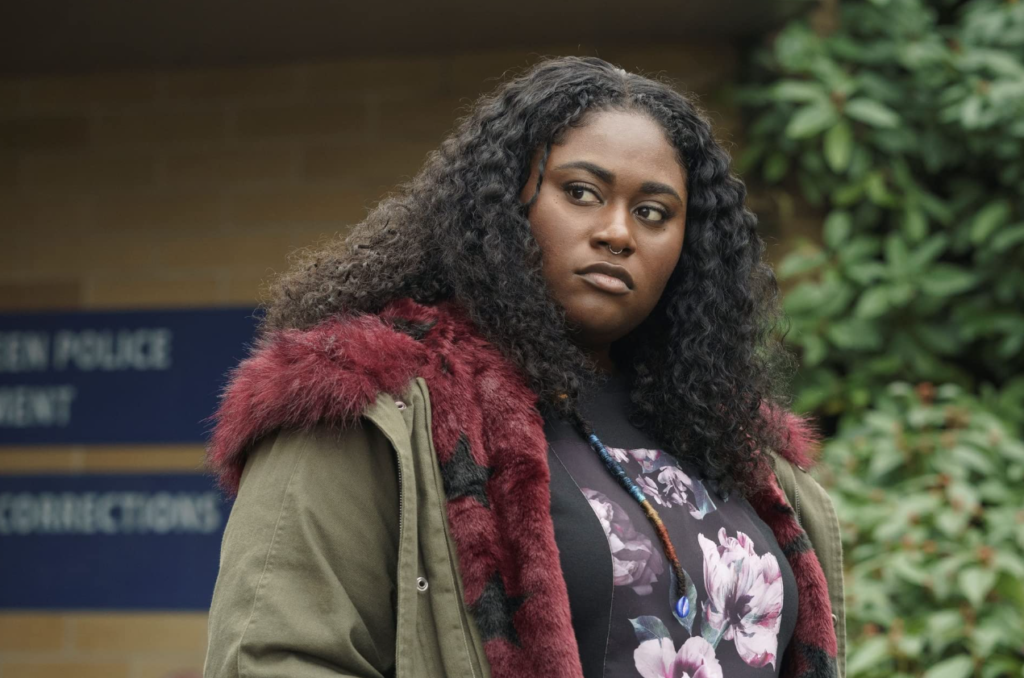The 2018 Pulitzer Prizes were awarded yesterday and the journalists on the front lines of the Harvey Weinstein and sexual harassment stories took home the Public Service honor. The New York Times’ Jodi Kantor and Megan Twohey and The New Yorker’s Ronan Farrow received the prize due to their “explosive, impactful journalism that exposed powerful and wealthy sexual predators … thus spurring a worldwide reckoning about sexual abuse of women,” the Pulitzer committee stressed.
The Pulitzers are, of course, referring to #MeToo and the hundreds of women and men, in and out of Hollywood, who have come forward to share their stories of sexual harassment and abuse. Kantor, Twohey, and Farrow not only shined a light on an issue that has been ignored for far too long, they catalyzed a major cultural shift. The way we as a society now talk about sex, workplace etiquette, misogyny, and power is very different from how it was in September 2017. And that’s largely thanks to Kantor, Twohey, Farrow, NYT, and The New Yorker — and, of course, the women and men who shared their stories with the reporters.
In their acceptance speech, Kantor and Twohey admitted that, more than anything, they hope their work made the world a little safer for their daughters. “When these girls are much older, and mature enough to understand terrible violations, and humiliation, and pain, we are going to sit them down and tell them the story of our investigation, and our team’s work, and how all of us became part of something much bigger than ourselves,” Kantor said. “We will attempt to explain how one day we were working on an incredibly tough story, and then just a few days later, we started to see change happening all over the world.”
The journalists also took the time to recognize the brave women who went on record and spoke out about the mistreatment they endured. “[These] women will already be inscribed in the history books, their names synonymous not with humiliation or victimhood, but with courage, truth, and optimism that things can change,” Twohey emphasized. “We’ll tell [our daughters] about Ashley Judd and Laura Madden, the first to speak out on Weinstein. One is a movie star from Tennessee. The other is a former Miramax employee who lives in Wales. But their motivations were exactly the same. As Ashley put it: ‘Women have been talking about Harvey amongst ourselves for a long time, and it’s simply beyond time to have the conversation publicly.’”
Our culture’s toxic masculinity problem wasn’t just covered in investigative reports — it’s also been a major topic within cultural criticism. In fact, the Times’ film critic Manohla Dargis made the finalists’ list for the Criticism Pulitzer. She was nominated “for writing, both downbeat and uplifting, that demonstrated [her] sustained dedication to exposing male dominance in Hollywood and decrying the exploitation of women in the film business,” the awards announced. “Weinstein Is Gone. Hollywood Sin Isn’t.” and “2017 Was a Year of Reckoning in Hollywood. Will 2018 Be the Year of Change?” are among the pieces for which Dargis was celebrated.







